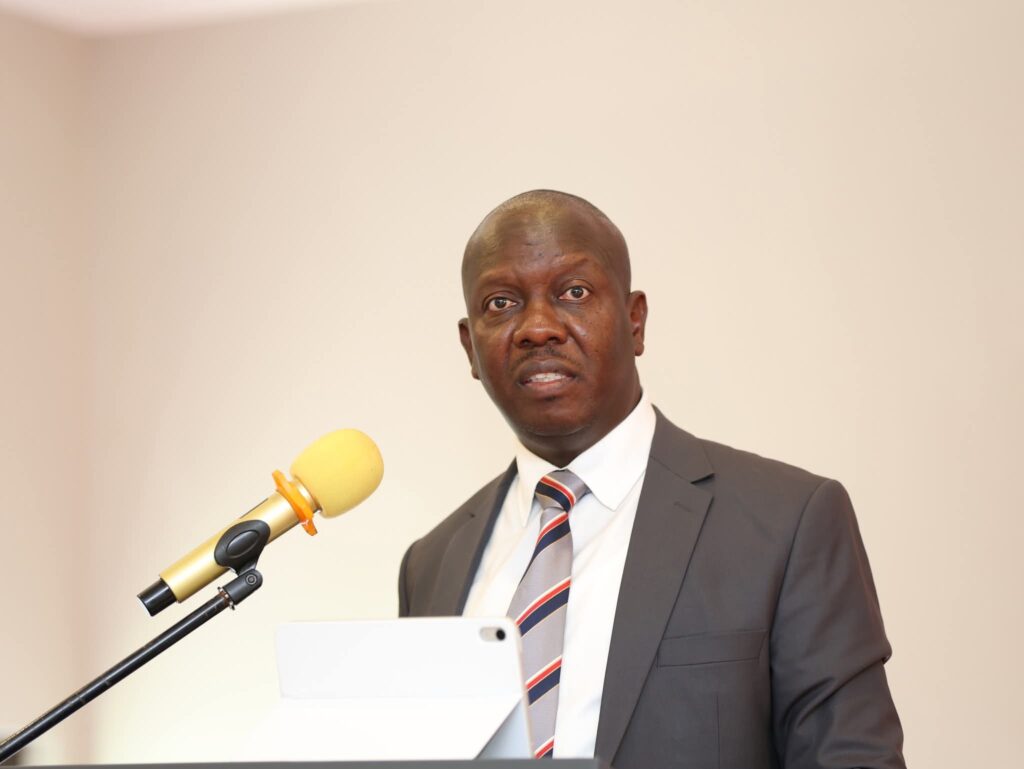Kenya has renewed its call for enhanced cross-border collaboration in the fight against transnational organized crime, warning that no country can confront the growing threats alone.
Director of Public Prosecutions (DPP) Renson Ingonga emphasized that crimes such as human trafficking, narcotics smuggling, cybercrime, money laundering, and illicit financial flows pose serious risks to regional peace and stability. He cited the 2023 Global Organized Crime Index, which ranked Kenya 16th globally in criminality, as proof of the urgent need for united action.
Speaking in Nairobi on Monday during the Regional Conference on Strengthening Cross-Border Coordination and Collaboration in Transnational Organized Crimes Prevention and Response, Ingonga said:
“Organised crime is adaptive, resilient, and relentless, so too must be our response. Through unity, innovation, and determination, we can secure our region against its corrosive effects.”
The DPP thanked international partners including the International Development Law Organization (IDLO), the governments of Tanzania and Mozambique, and the United States Bureau of International Narcotics and Law Enforcement Affairs for supporting regional efforts.
He pointed to the progress made under the East Africa Transnational Organized Crime (EATOC) Project, which has developed standardised guidelines, training programs, and mentorship initiatives that have already trained more than 270 officers. The project has also built regional networks of prosecutors, police, and judicial officers to improve collaboration.
Looking ahead, Ingonga highlighted three priorities for combating transnational crime:
- Strengthening legal frameworks by harmonising domestic laws with international conventions and modernising extradition treaties.
- Enhancing institutional capacity and accountability through continuous training and integrity measures.
- Expanding cooperation with intelligence sharing, joint investigations, and coordinated prosecutions.
The DPP also reaffirmed Kenya’s commitment to specialised prosecution units and the adoption of digital tools such as case tracking systems, data analytics, and electronic evidence management.
“These achievements prove that when we work together, we can build stronger, more resilient systems of justice,” Ingonga said.

